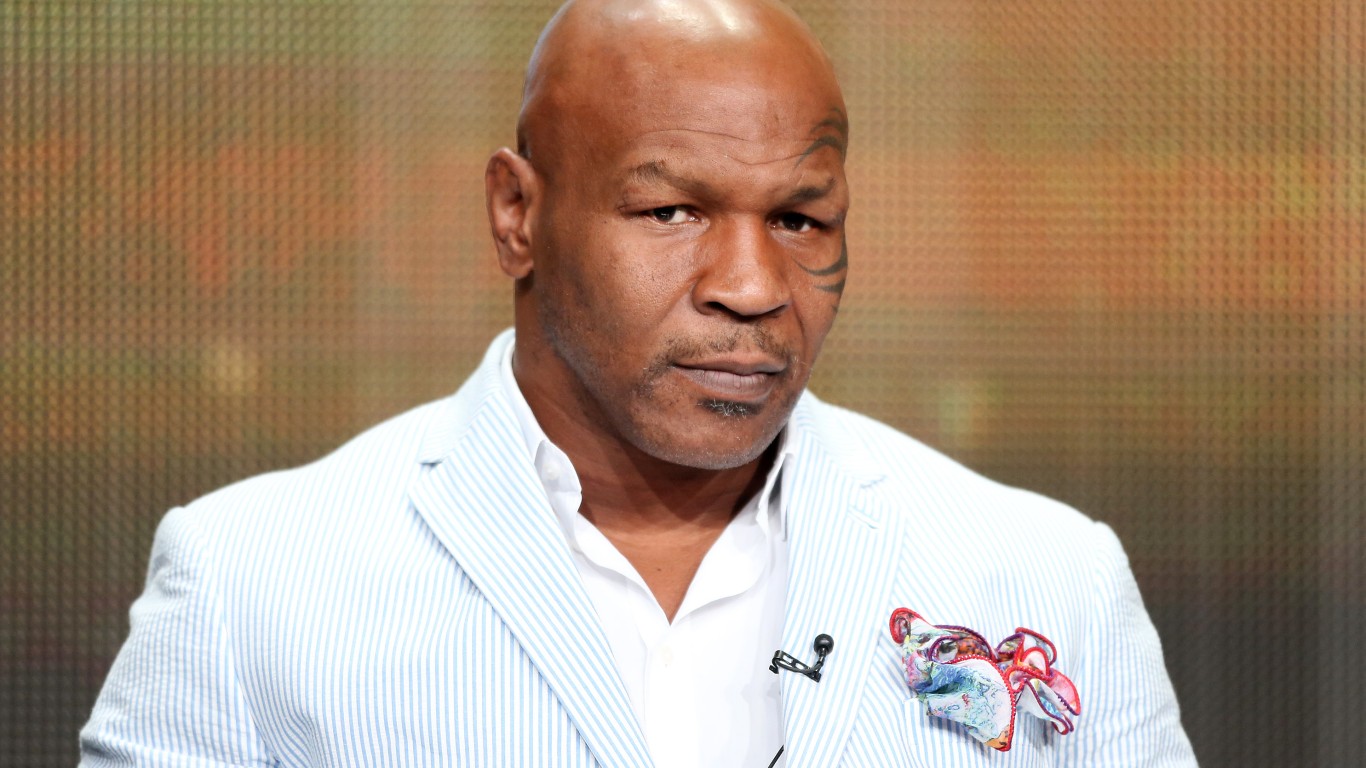
The Washington Post for $19 for one year, digital only. The Boston Globe for $8 for eight weeks, along with BostonGlobe.com access for seven-day and Thursday to Sunday subscribers. The Chicago Tribune, $0.99 a week for unlimited digital access, then $1.99 each week after.
Currently, the local newspaper industry prays some combination of these sorts of offers makes money. It is worth remembering that a digital news product is financially and powerfully tethered to its print counterpart. So, $19 a year is not $19 a year, at least not in the world in which a newspaper company actually prints a paper that is attached to its digital counterpart. The math, at least in terms of long-term results, has to be as uncertain for papers as much as it is complicated for consumers. However, to a large extent the future of the industry depends on these numbers.
The Washington Post presumably has the money and talent to have a shot at the successful transition to the world in which digital revenue actually rises enough to fill the hole left by the decline revenue from print sales. Owner Jeff Bezos, also CEO of Amazon.com, claims not to meddle in the Post. However, he aggressively supports it with capital and public applause about the importance of the industry. It is inconceivable that his ideas are brushed aside by Post executives and editors. It would be both bad politics and bad business to ignore the world’s most successful e-commerce entrepreneur. His ownership of the Post presumably gives the paper a great deal more financial support than any other large dailies have. The Post has the chance to build staff and the ability to experiment with circulation offers, and nearly anything else that could advance the paper’s prospects.
Most of the Post’s advantages are not present at Chicago Tribune. As parent company Tribune Publishing Co. (NYSE: TPUB) continues to try to scuttle an offer from larger Gannett Co. Inc. (NYSE: GCI), its losses continue to pile up on stagnate revenue. In the first quarter, that revenue was $398 million. The net loss was $6.4 million. The $0.99 offer has not convinced shareholders about Tribune management. Its shares have seesawed up and down based on the odds of a Gannett success, but they are still off 27% to $11.75 in the past year. However, the argument Tribune executives have made is that its future is based on radical innovation, as well as the deep pockets of two investors: Michael W. Ferro Jr. and Dr. Patrick Soon-Shiong. Their formula, according to Justin Dearborn, the CEO:
We are at the very early stages of executing our clear plan to transform Tribune Publishing by increasing monetization of our important brands, capitalizing on the global potential of the LA Times, and significantly accelerating our conversion of content to revenue through an enhanced digital strategy. As we execute our plan, we are confident in our ability to deliver value for our shareholders.
Earlier this year, The Boston Globe had trouble delivering its papers at all, due to a mammoth glitch in the operations of a new delivery vendor. The digital version continued to function as usual. Protesting subscribers offered a pointed reminder that print is still important to a very large portion of the newspaper reading world. When the paper can’t be delivered, and subscribers become furious, fortunately the Globe has more financial buffer than many other large dailies. Billionaire John Henry bought the Globe in 2013 for $70 million. By most accounts, Henry has been a hands on and generous owner. Forbes puts his net worth at $2.2 billion, so underwriting a few tens of millions of dollars a year to cover losses and invest in expansion is a modest commitment.
The math behind newspaper subscription offers is made up of at least two things, each based on a series of guesses about customer behavior. The first is the complex calculations of spreading digital and print subscriber revenue across digital and print expenses. These operations bleed together at virtually every paper. The second set of figures involve the financial freedom to experiment at the Post compared to the more desperate need to make money immediately at almost all other papers, depending almost completely on the owners.
Just $19 for one year. Ownership counts.
Want to Retire Early? Start Here (Sponsor)
Want retirement to come a few years earlier than you’d planned? Or are you ready to retire now, but want an extra set of eyes on your finances?
Now you can speak with up to 3 financial experts in your area for FREE. By simply clicking here you can begin to match with financial professionals who can help you build your plan to retire early. And the best part? The first conversation with them is free.
Click here to match with up to 3 financial pros who would be excited to help you make financial decisions.
Have questions about retirement or personal finance? Email us at [email protected]!
By emailing your questions to 24/7 Wall St., you agree to have them published anonymously on a673b.bigscoots-temp.com.
By submitting your story, you understand and agree that we may use your story, or versions of it, in all media and platforms, including via third parties.
Thank you for reading! Have some feedback for us?
Contact the 24/7 Wall St. editorial team.
